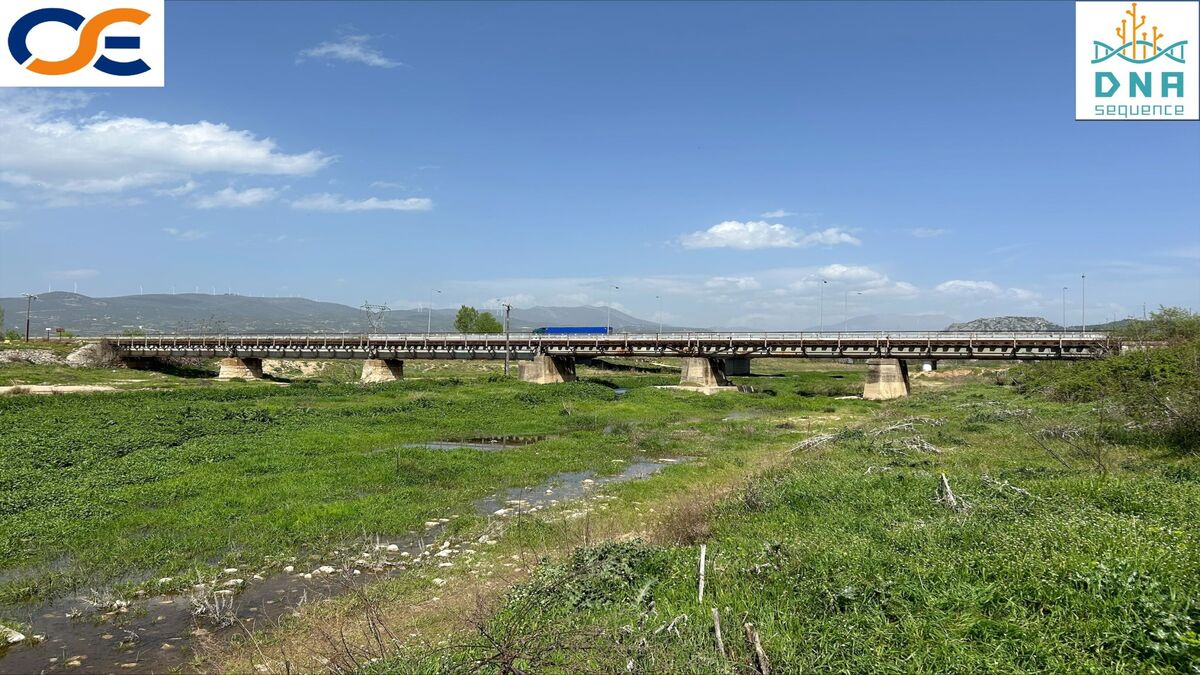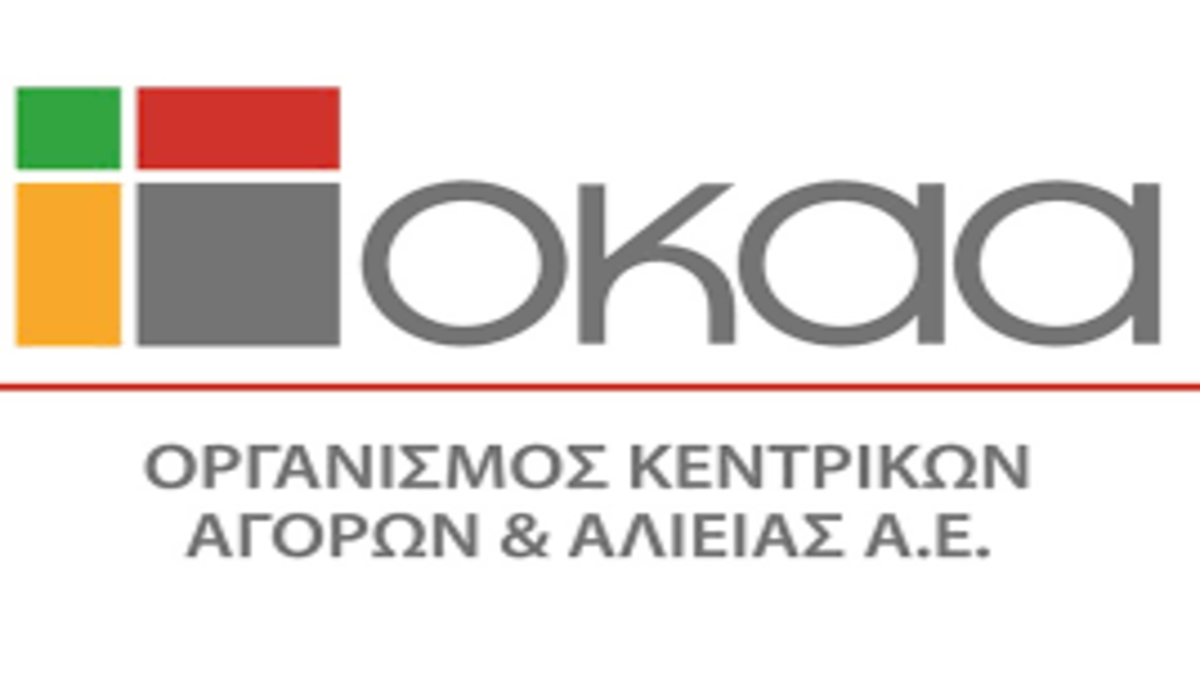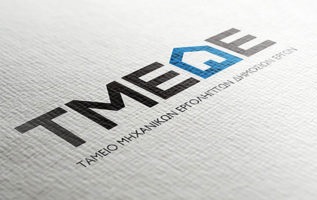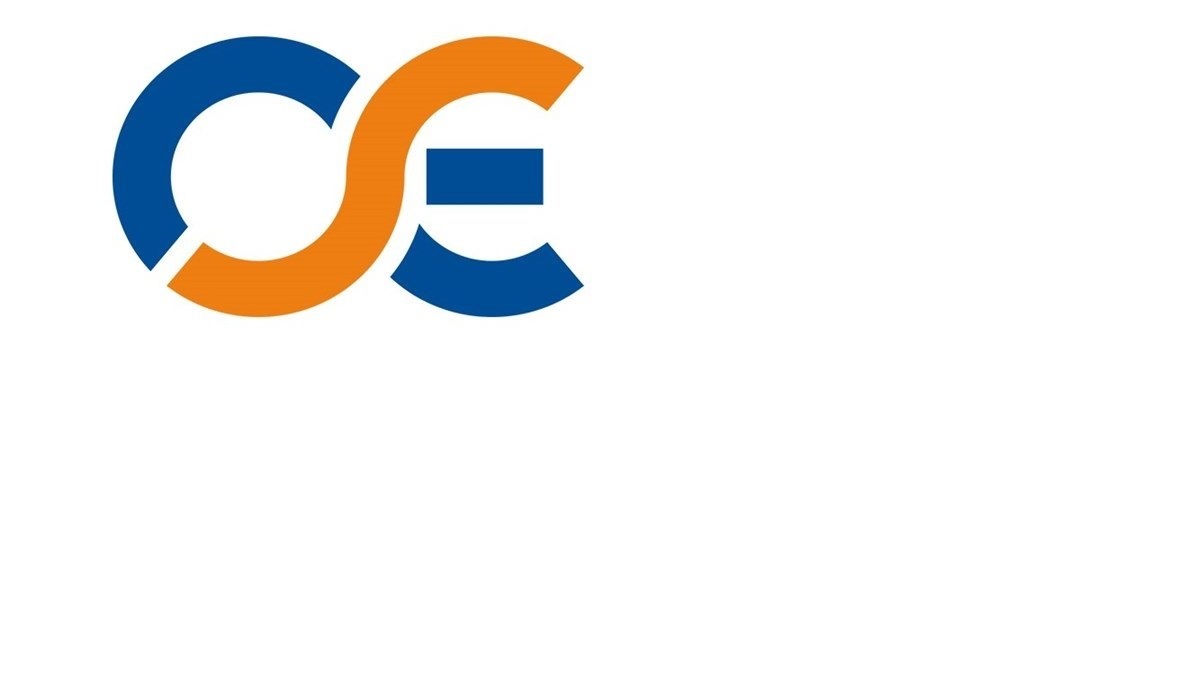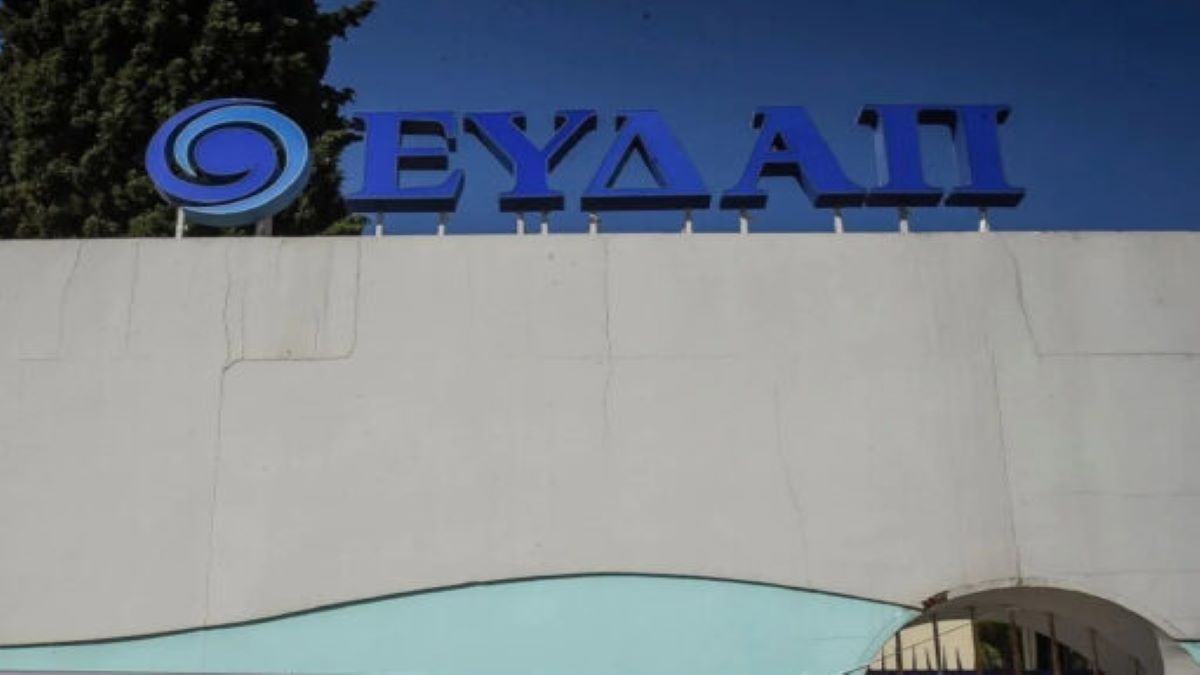Safe and readily available water is important for public health, whether it is used for drinking, domestic use, food production or other purposes. Improved water supply and sanitation in drinking and wastewater treatment plant network, and better management of water resources, can enhance a country’s economic growth. Therefore, the detection and monitoring of all factors, infectious or not, is necessary to ensure public health as well as to improve the supply of high quality water. CONSTRAT LTD is a company focused on water and wastewater industry. The use of state-of-the-art metagenomics and bioinformatics technologies by DNA Sequence SRL Hellas is applicable, inter alia, to the bio-monitoring of drinking water supply systems and biological treatment plants. The cooperation agreement between the two companies is the beginning for the application of innovative bio-monitoring technologies in water supply systems and wastewater treatment plants throughout the country.
The pilot - project started with two drinking water supply systems and two biological treatment plants in Aigio, Achaia and Aghios Nikolaos, Crete.
The implementation process includes:
-the design and development of sampling procedures
-the design and elaboration of the isolation and analysis of the genetic material (DNA) of the samples
- bioinformatics analysis of the data
-the interpretation of the extracted results and their distribution to the stakeholders
The sampling took place in April 2021 by specialized personnel of DNA Sequence and Constrat with guidance at the sampling points by personnel of the municipalities of Aigio and Aghios Nikolaos respectively. For the water supply network, water samples were collected from representative points throughout the network "from source to tap" (boreholes, tanks, settlements’ faucets), while for the biological treatment plant water samples were collected from its entrance and exit to the unit, as well as from all the intermediate stages of treatment. The samples were transferred to the DNA Sequence laboratory where the genetic material (DNA) for each sample was isolated and sequenced. Laboratory analysis of all samples was based on WGS (Whole Genome Sequencing) and 16S rRNA technology which are important tools for the determination of microbial communities in water and wastewater. DNA sequencing was performed using Oxford Nanopore Technologies (ONT) nanofilm technology.
The large volume of data (raw data) was processed and analyzed through the company's bioinformatics platform so that the results are available for quality evaluation. At the end of the procedures, all the information about the project implementation process was communicated to the interested parties via a report. The results were then presented to the stakeholders with the help of a user-friendly online interactive platform, in which the user can navigate and explore the microbial biodiversity that characterizes the sampled point as well as get informed about the detected species (pathogenicity, biofilm formation trend, etc.). Constrat in turn, utilizing the produced results will reinforce and specialize its services in the field of water supply and wastewater systems.
Regarding the results of the analysis, the quality of water reaching the consumer, the effectiveness of chlorination in selected points of the water network, the possibility of sludge bulking occurrence which is caused by the excessive growth of filamentous bacteria extending outside the flocs resulting in decreasing the wastewater treatment efficiency and deteriorating the water quality in the effluent, the comparison of the efficiency between the conventional activated sludge systems and the membrane bioreactors (MBR) methods, were also assessed.
Conventional monitoring methods that target selected, well characterized microorganisms, in addition to the longer time required to yield results, exclude microorganisms that either cannot be cultured or do not pose a high health risk (e.g. unspecified or minor infectivity and/or pathogenicity). The complete metagenomics analysis, offered by DNA Sequence, enables the whole genome of all the microorganisms present in a sample to be sequenced, while through bioinformatics analysis it can distinguish species at strain level and even identify known genes for resistance to antibiotics. Therefore, the ability to detect the entire microbial spectrum in water and wastewater using methods of metagenomics technology comes to complement the already implemented necessary controls to ensure water high quality and safety. The result is to strengthen and expand the ability to make timely decisions where this is deemed appropriate not only to ensure public health but also the proper maintenance and performance of water supply facilities and wastewater treatment plants.
